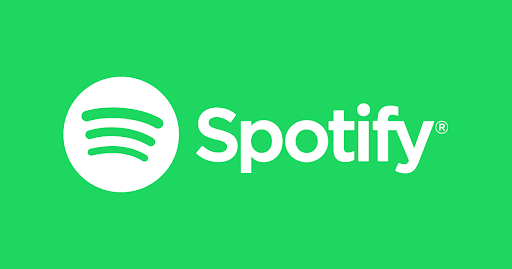The current anti-Spotify movement is firmly rooted in the independent music scene, but its potential long-term impact could reach far into the mainstream. The sustained exodus of a credible and vocal indie contingent could act as a domino, triggering a broader re-evaluation of the streaming giant’s practices even among major labels and superstar artists.
Indie scenes have always been the incubators of culture. The trends, sounds, and attitudes that start in the underground often bubble up to influence the mainstream. If opting out of Spotify becomes a marker of artistic integrity and “coolness” in the indie world, it could gradually shift the perceptions of the wider public and the industry at large.
Major labels, while currently benefiting from the streaming model, are not immune to this pressure. If a significant number of their developing artists begin to demand alternative release strategies, or if “going Spotify-free” becomes a powerful marketing angle, the labels may be forced to adapt. They are businesses, and they will follow where the cultural energy and the money lead.
Furthermore, the legislative efforts being pushed by groups like UMAW could have an industry-wide impact. A law like the Living Wages for Musicians Act would not just apply to indie artists; it would regulate payouts for everyone, forcing a change in the business model for major players as well. This political pressure, combined with cultural shifts, could create a pincer movement that Spotify cannot ignore.
While it’s unlikely that superstars will start leaving en masse tomorrow, the indie exodus is eroding the foundation of Spotify’s cultural legitimacy. It is planting a seed of doubt and creating a proof of concept for a different way forward. The fall of a giant often begins with small, seemingly insignificant cracks at the base.

